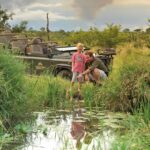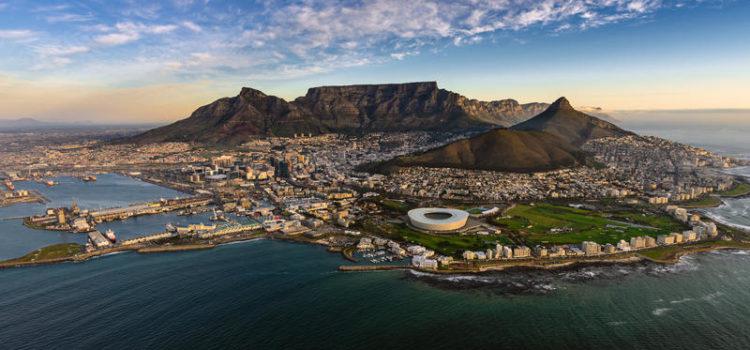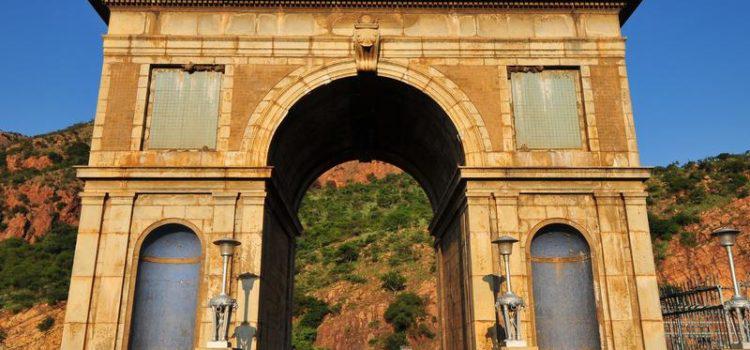Rwanda is rapidly showing signs of development as it heals and rebuilds from the 1994 genocide experienced in the country. Today, the country is increasingly perceived internationally as a safe destination — indeed, tourism is one of the fastest growing sectors and is now the country’s leading foreign exchange earner. The Kigali Genocide Museum in Rwanda’s capital is well known and a must see for any traveler coming into this part of Africa.
Rwanda is a small country, slightly smaller than Massachusetts and Maryland, or about half the size of Scotland, located near the center of Africa, and separated from the Democratic Republic of the Congo by Like Kivu and the Ruzizi River to the west; it is bounded on the north by Uganda, to the east by Tanzania, and to the south by Burundi. Grasslands and small farms extending over rolling hills, with areas of rugged mountains that extend southeast from a chain of volcanoes in the northwest, cover Rwanda’s countryside.
Read More
Rwanda is probably best known for its Mountain Gorilla treks in Volcanoes
National Park. A gorilla visit can entail anything from a 1 to 4 hour trek through the forest, led by experienced trackers who have spent their entire lives living in or close to the forest. Altogether less than 700 of the woolly black gorillas, first described by a German explorer a century ago and made famous by their murdered protector, American primatologist Diane Fossey, survive in two small areas of cool mountain forest in Uganda and on the Rwanda-Congo border. On a continent where great apes are disappearing with dismaying speed to hunting and habitat loss, they are the rarest cousins in the family.
The country known as the “Land of Thousand Hills” has amazing natural scenic beauty, unique flora and fauna in her three national parks. Visitors may enjoy a savanna ride and watch all the big five in Akagera Park, or embark on a primate’s discovery trip to track 13 types of primates including chimps and other types of primates in Nyungwe National Park — the largest block of high altitude montane forest in East or Central Africa, and one of the most ancient, dating back to before the last Ice Age. A uniquely rich center of floral diversity, the forest has more than 200 different types of tree, and a myriad of flowering plants including the other-worldly giant lobelia and a host of colorful orchids. Bird lovers will discover over 535 bird species of which 44 are endemic. For non-nature lovers, a 500-year-old cultural evolution awaits your discovery into the unique Rwandan folklore of traditional music, dancing, dressing, beautiful handicrafts, and this beautiful country’s well-preserved history in its museums.
Travel Information
Regions
Volcanoes National Park
Set high on the jungle-covered slopes of the volcanic Virunga Mountains, Parc National des Volcans is best known as a sanctuary for the region’s rare mountain gorillas. Highly regulated treks through the reserve allow visitors to spend an hour at a time with these incredible primates in their natural habitat.
Reviews
An Unforgettable Vacation

Please use our name as a reference. We had a great experience and an unforgettable vacation. Everything you planned for us was flawless.
Date Travelled: 01 Jul 2017 – 07 Jul 2017
Accommodation: Yellow Aloe Guest House
Destinations: Mozambique, Namibia, Rwanda, South Africa



 Mokoya Lodge
Mokoya Lodge Magaliesberg Mountains
Magaliesberg Mountains